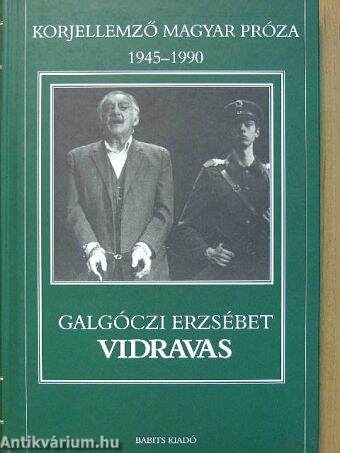

If one simply retranslates the title into Russian and looks for it in the forms “Песня Ленина”, “Песня о Ленине” or “Ленинская песня,” he will not find much useful information. But it is absolutely no easy task to find this Russian missing link. Its contemporary (1906) English translation was published by Alice Stone Blackwell in her Songs from Russia.īut how did an American Jewish anarchist song of movement become a Hungarian Communist hymn to Lenin? With full knowledge of the period, there is no doubt that the Hungarian translation could be only made on the basis of a Russian version. His poem written in 1889 became a veritable hymn of the American Jewish anarchist and later socialist workers’ movement. At the age of twenty-six, just like the Hungarian revolutionary poet Sándor Petőfi. He was born in Kaluga in 1866 and died in Denver, Colorado 1892-ben. It did not cost much to check that the Yiddish text was written by the Russian-Jewish-American anarchist poet David Edelstadt, “a fine idealistic nature, a spiritual petrel whose songs of revolt were beloved by every Yiddish-speaking radical” (Emma Goldman). Klezmatics: In Kamf (3'25"), from the CD: Klezmatics: Jews with Horns (1994) Nevertheless, similarly to Fausto Giovannardi, I was not interested in its origin (it is surely the servile adoption of some Soviet original) until I heard the Yiddish movement song In Kamf (In Struggle) on the CD Jews with Horns by Klezmatics. Of course even I, albeit coming from a good Catholic family, sang this song under the direction of our professor of music whom I still regularly meet on the Sunday Mass. That it will not be withered by any intrigue One name is sounding on the lips of millionsĪnd this name is so great and so glorious

So that everywhere, in the north and south May he go in front of you as long as you live. Performed by the “Thread Voice” Children Choir, the “Steel Voice” Men’s Choir and the Concert Brass Band of the Ganz-Mávag Cultural Center, heirs of the century old choir tradition of Kőbánya, Budapest.Īnd let him go in front of you as long as you live Their names is well remembered from the upper corners of the score by anyone who in the 70-80s sang in the school choir such songs like the March of the Militiamen, Song About the Liberation, The Horn is Calling, The Dawn is Coming, or We Are Not Bourgeois. Arrangement by Béla András (conductor of orchestra, composer, 1909-1980). Text by Ernő Rossa (text writer, conductor of orchestra, musical educator, composer, 1909-1972) and Miklós Szabó (writer, translator, song writer, opera singer, 1909-1999).


 0 kommentar(er)
0 kommentar(er)
